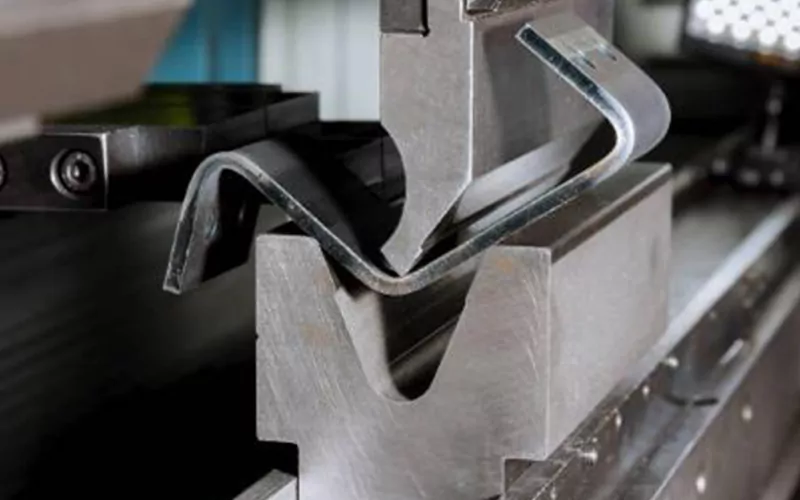Sheet metal manufacturers face a unique set of challenges when it comes to mastering complex shapes. From intricate designs to tight tolerances, the process of shaping sheet metal into complex forms requires a high level of skill and precision. In this article, we will explore the various challenges that sheet metal manufacturers encounter when working with complex shapes, and how they overcome these obstacles to deliver high-quality products to their customers.
Material Selection and Formability
One of the primary challenges faced by sheet metal manufacturers is the selection of the right material for the job. Different metals have varying levels of formability, which can significantly impact the manufacturability of complex shapes. For example, while aluminum is lightweight and highly formable, it may not be the best choice for applications that require high strength and durability. Manufacturers must carefully consider the properties of each material and its suitability for the desired shape before proceeding with the production process.
Tooling and Equipment
Another significant challenge in mastering complex shapes is the selection and maintenance of the appropriate tooling and equipment. Complex shapes often require specialized dies, punches, and forming tools to achieve the desired results. Additionally, the maintenance of these tools is crucial to ensuring consistent quality and precision in the manufacturing process. Sheet metal manufacturers must invest in state-of-the-art equipment and regularly maintain their tooling to meet the demands of complex shape production.
Tight Tolerances and Quality Control
When working with complex shapes, achieving tight tolerances and maintaining quality control throughout the production process is paramount. Even the slightest deviation from the intended dimensions can result in a defective part. Manufacturers must implement rigorous quality control measures, such as advanced metrology and inspection techniques, to ensure that each complex shape meets the specified tolerances and quality standards. This level of precision is essential for industries such as aerospace, automotive, and electronics, where complex shapes are integral to the functionality of the final product.
Adapting to Advanced Manufacturing Technologies
The advent of advanced manufacturing technologies, such as 3D printing and CNC machining, has revolutionized the way complex shapes are produced. While these technologies offer new opportunities for innovation and efficiency, they also present challenges for traditional sheet metal manufacturers. Adapting to these advanced manufacturing methods requires a significant investment in training and equipment, as well as a shift in mindset towards embracing digital design and production processes. Sheet metal manufacturers must continuously evolve and adapt to stay competitive in an increasingly technology-driven industry.
In conclusion, mastering complex shapes presents a myriad of challenges for sheet metal manufacturers, from material selection and tooling to quality control and technological advancements. By addressing these challenges with innovation and expertise, manufacturers can overcome the complexities of shaping sheet metal into intricate forms and deliver high-quality products that meet the demands of modern industries.
